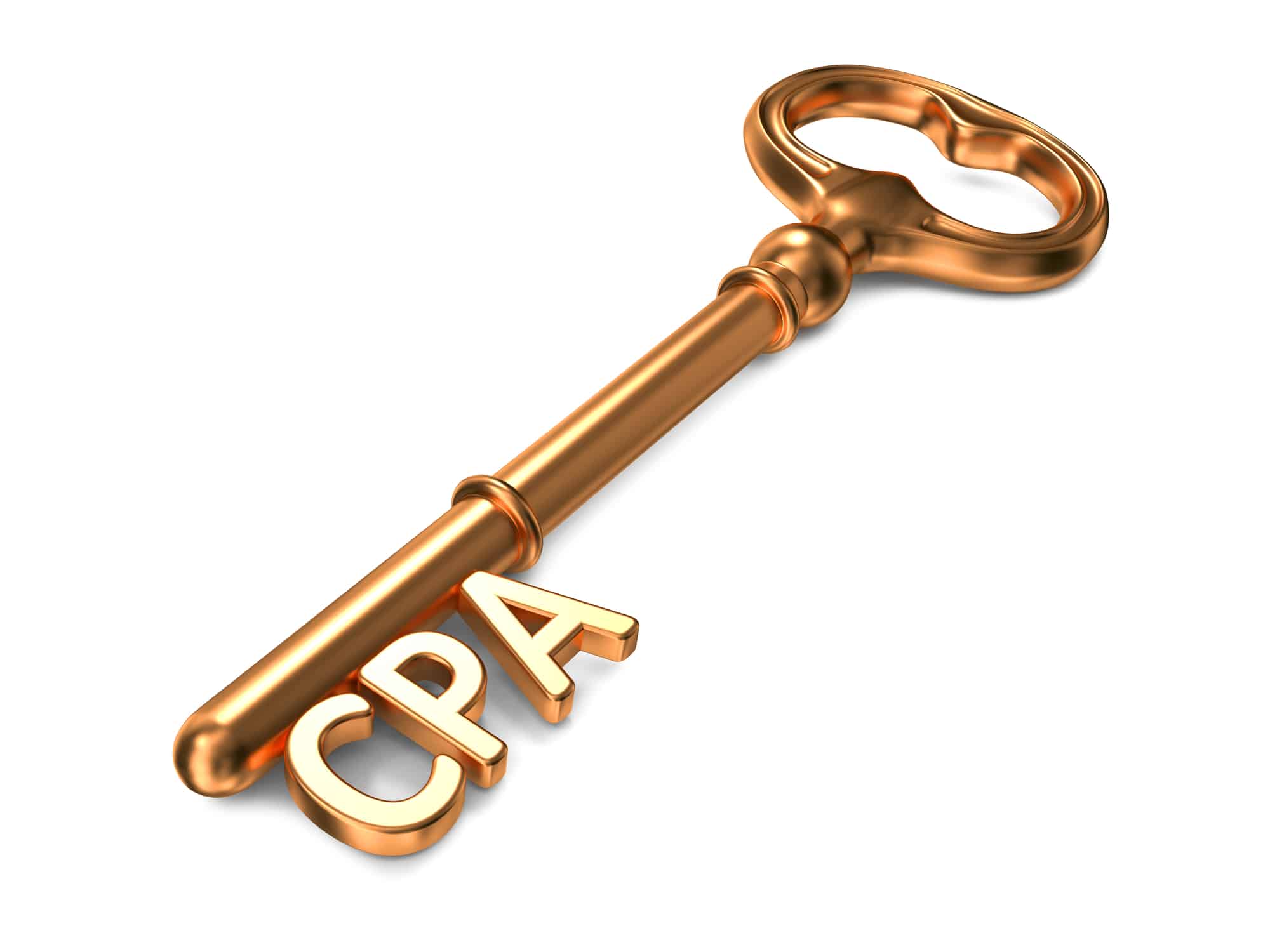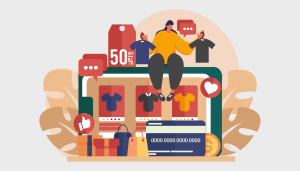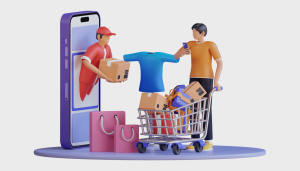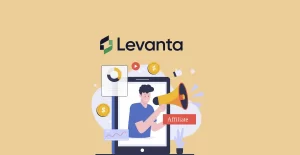
Share
How a Cost-per-Action Marketing Model Will Get You Through the Coronavirus Panic
Firstly, let’s go ahead and address the elephant in the room. Coronavirus (COVID-19) is worrisome for many reasons. Some health-related of course, but many people who’ll never fall ill to the virus will still be impacted.
There’s a lot going on, but I’d argue that the best way to go about your life and in business is to be as proactive as possible while also trying to achieve and maintain at least some semblance of normalcy.
The news is not all bad. Today, we’re seeing the stock market rebound quite significantly. The White House has created a task force aimed at making testing more widely available. President Trump also declared this a national emergency, freeing up $50 billion to help state and local governments to assist during this time.
While it’s troubling, it’s important of course to try your best to “keep calm and carry on” (to borrow from our friends across the pond).
America has been through much worse.
With all of that being said, let’s discuss what we are known to discuss, and what hasn’t changed. That being the fact that affiliate marketing is still an effective marketing channel, even in the face of an international crisis.
Earlier this week, on the Advertise Purple blog we mentioned the self-quarantine and “cocooning” positive effect on e-commerce. In general, technology is proving itself to be invaluable in allowing us all to move forward.
So, how does this all affect the affiliate space? Another internet-based tool at our disposal.
Great question. Unlike traditional digital channels that charge advertisers on a CPC or CPM, the affiliate world is reliant on a CPA model. Simply put, that means you don’t pay for advertising unless your affiliate drives a sale of your product. And in this temporary world of uncertainty, it could very much provide a blanket of comfort for those interested in maintaining, and even, growing sales.
We’ve seen affiliates such as Honey, TopCashBack, and Zipfworks (Demand.io) performing incredibly well during this time, just to name very few. Working closely with all of the top affiliates, we’ve been able to reassure our clients and guide them in affiliate recruitment and optimization as if nothing terrible were currently happening at all.
Director of Technology, Rowland Hazard on the evolving situation: “In spite of concerns over Coronavirus tangibly affecting e-commerce, we’re continuing to drive both month-over-month and year-over-year growth for many of our largest verticals.”
According to Digital Commerce 360, a trusted digital sales publishing platform, there has been an e-commerce bump short term, especially for essential items. However, there could be long-term supply chain implications.
“There are still a lot of unknowns to fully determine the impact of the coronavirus on the supply chain,” says Jonathan Gold, NRF vice president for supply chain and customs policy. “As factories in China continue to come back online, products are now flowing again. But there are still issues affecting cargo movement, including the availability of truck drivers to move cargo to Chinese ports. Retailers are working with both their suppliers and transportation providers to find paths forward to minimize disruption.”
Of course, the main shift that you could expect to see from any global shopper right now is from a high quantity of vanity or luxury goods to necessary and emergency items. But fear not. If you are a luxury brand, you may have a few more window shoppers right now, but maintain your channels and they will convert once the dust settles. So, if your traffic doesn’t convert today, continue to focus on branding and they will turn into a sale shortly.
And since affiliate is a CPA channel, that ‘branding’ will cost you nothing. Meanwhile, in other channels, that would’ve meant spending hard-earned dollars and cents.
A good idea short-term would be to editorialize your shopping experience. If you’re working with a content affiliate, understand that people may prefer being guided towards these necessary goods and services more so than a $20,000 Rolex, for example.
If you believe you sell a product that could benefit people who are self-quarantined or isolating themselves from their elderly or predisposed loved ones, think of your sales strategy from that angle instead of thinking as if nothing was wrong.
But this doesn’t mean that just because your company doesn’t sell toilet paper, diapers, bottled water, and canned goods, you’re screwed. At all.
We’re now in a time where the distinction isn’t that clear between luxury and normal goods. For example, CBD products can ease anxiety and stress during this time. But they aren’t clearly necessary for day-to-day quarantined existence. I’d argue that CBD products might sell, though, in this environment, as people attempt to take their minds off things.
Again, think about your angle and pursue that angle accordingly, in the affiliate channel. Compared to those other channels, where you could be bleeding money right now, you will instead unearth new customers and might even surprise yourself, watching an impressive number of orders and revenue come in with a captive audience of digital customers.
Sometimes, as private entities, we can do more than some public ones. So, let’s all take a deep breath, remember that this won’t last forever, and hopefully work through this thing one day at a time.
And one last thing. If sales aren’t flying in tomorrow, don’t give up. Be consistent, thorough, and determined in your approach and you’ll see the units move. Capitalism still works and things can rebound. The economy has before and it will again.




